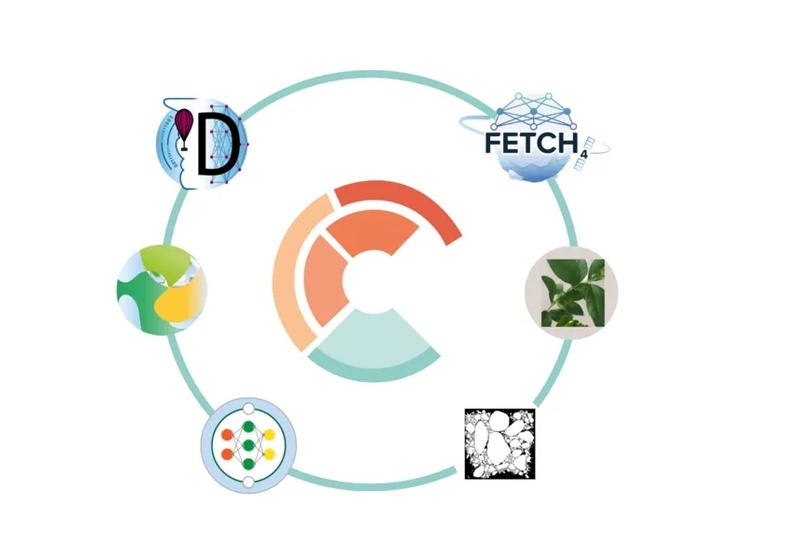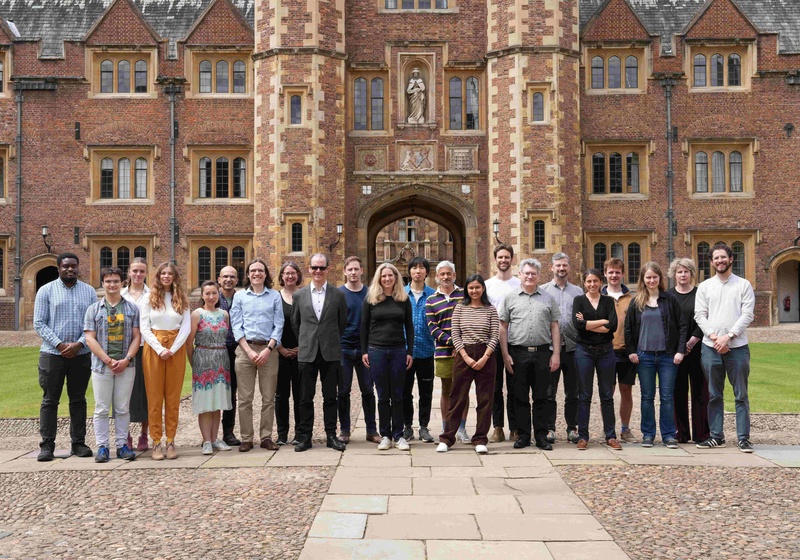About us

Computational modelling is key to climate science. But models are becoming increasingly complex as we seek to understand our world in more depth and model it at higher fidelity. The Institute of Computing for Climate Science studies and supports the role of software engineering, computer science, artificial intelligence, and data science within climate science.
The institute comprises a collaboration between Cambridge Zero, the Departments of Applied Mathematics and Theoretical Physics (host department of the institute), Computer Science and Technology, and University Information Services at the University of Cambridge.
Challenges
As the computational models become increasingly complicated, and more data is produced — ‘input’ from observation as well as ‘output’ from the models — there are three pressing challenges which we seek to address:
- Software engineering is required to ensure that the models are robust, resource-efficient, maintainable, extendable, usable, interpretable and sustainable;
- Data science is required to ensure that the maximum valuable information is extracted from the various available data streams reliably and credibly;
- Computer science is required to develop tools, programming systems, libraries, and even programming languages to support the sustainable and robust development and deployment of increasingly complex models.
Please allow social and marketing cookies to show embedded content.
Structure and objectives
The institute is part of the larger Virtual Institute for Scientific Software (VISS) established by Schmidt Sciences, addressing the growing demand for software engineers with backgrounds in science, complex data and mathematics who can build dynamic, scalable, open software to facilitate accelerated scientific discovery across fields.
Cambridge’s Institute of Computing for Climate Science (ICCS) applies its existing expertise in climate sciences and artificial intelligence with the research teams from Schmidt Sciences’ Virtual Earth Systems Research Institute (VESRI) to address the specific computation and research software needs in the area of climate modelling. See more about our collaborators here.


